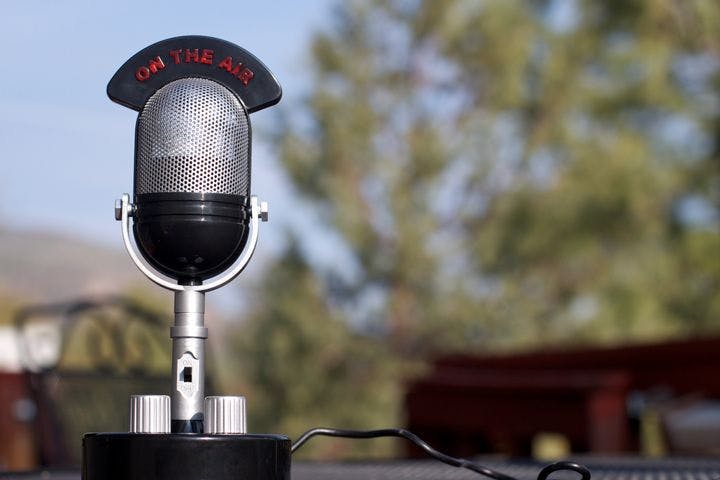Winter 2012
Talk radio is thriving — and it has very little to do with politics
– The Wilson Quarterly
Because it is highly topical, reflecting news of the day, its audience has not readily decamped to competitors such as podcasts.
Hit the "scan" button on your car radio and you're just as likely to land on a station with a right-wing pundit lambasting health care reform as the latest Rihanna hit. Talk radio is thriving: About 3,500 American radio stations use that format today, up from about 1,750 in 2007 and just 500 in 1991. Political scientist Jeffrey M. Berry and sociologist Sarah Sobieraj, both of Tufts University, argue that the boom is more a matter of money talking than politics.
As with virtually all advertising-dependent media, the AM-FM, or “terrestrial,” radio industry has suffered from technological disruption and the harsh economic climate, Berry and Sobieraj write. The old methods of covering the bills aren't working: Total radio revenues declined from $20 billion in 2000 to $14 billion in 2009.
Tuning in to some easy listening on the commute home was once commonplace, but drivers now relax to commercial-free playlists uploaded on their MP3 players and smartphones. Listener loyalty has been further eroded as big corporations have bought out mom-and-pop music stations and laid off local on-air personalities to consolidate costs. As audiences for radio music programs have dwindled, so too have the ad dollars music stations are able to command.
Talk radio defies this trend. Because it is highly topical, reflecting news of the day, its audience has not readily decamped to competitors such as podcasts. Radio listeners are relatively well educated and wealthy, and pay attention to what’s being broadcast to them—all pluses for advertisers. One radio professional in Los Angeles reported that “even in the current soft economy, some of [local AM station] KFI’s programs have waitlists for advertisers who want to buy commercial time.” And most radio stations in the United States are now owned by a few corporations, so local stations can easily fill their schedules with syndicated talk shows that cost little and bring in ad dollars.
Some cite talk radio’s politically conservative cast as the reason for its growth. But it’s just natural that talk radio would swing to the right, Berry and Sobieraj say. Liberals listen to a wider array of radio—blacks and Hispanics tend to tune into niche stations, for instance—and there’s always National Public Radio. The explosion of talk radio is a matter of dollars and cents, they insist. “For many stations music became unprofitable and switching to talk was an attempt to stay in business.”
* * *
The Source: "Understanding the Rise of Talk Radio" by Jeffrey M. Berry and Sarah Sobieraj, in PS: Political Science and Politics, Oct. 2011.
Photo courtesy of Flickr/Alan Levine
